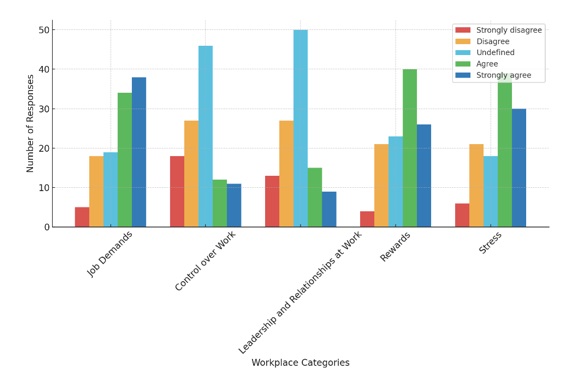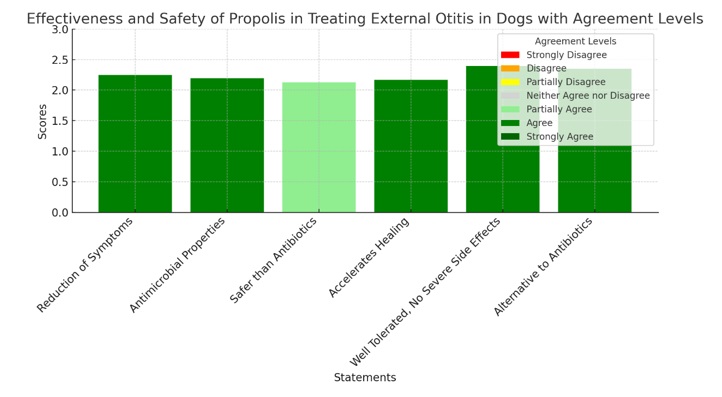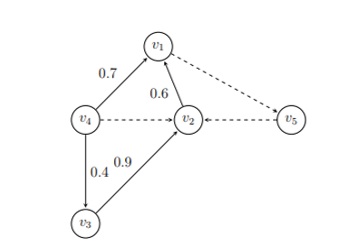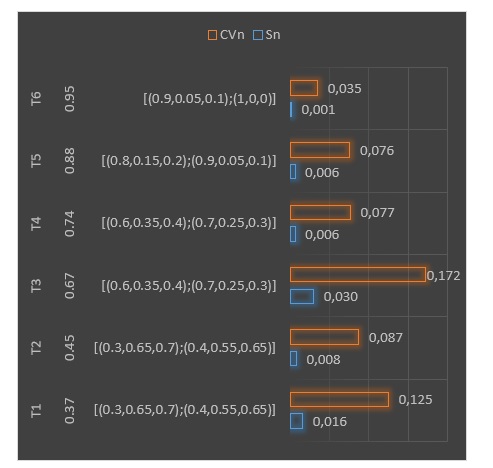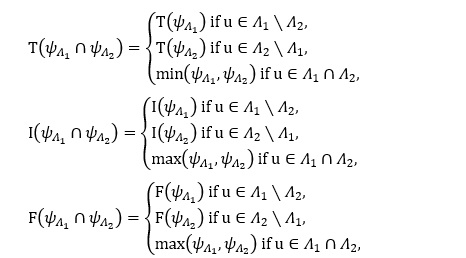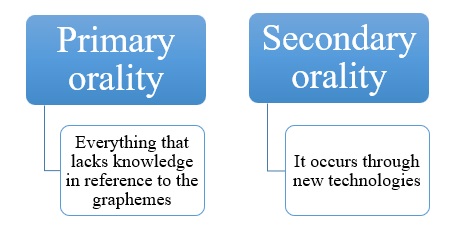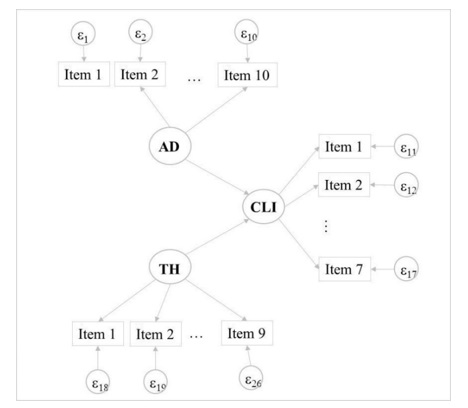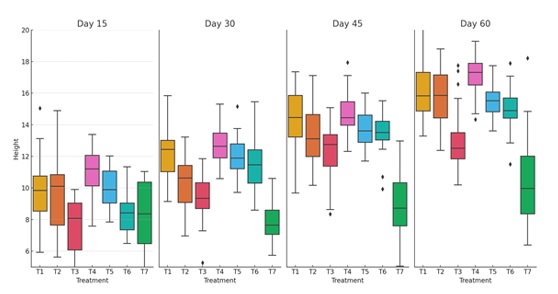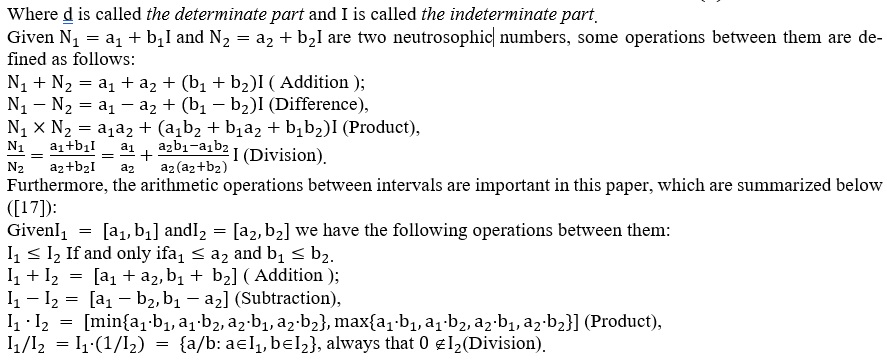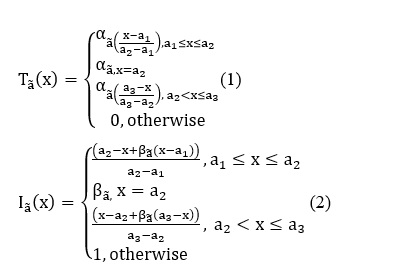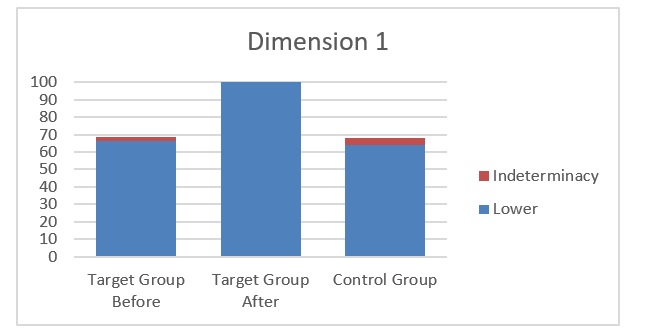Vol. 69 (2024): Neutrosophic Sets and Systems {Special Issue: Neutrosophy and Plithogeny: Fundamentals and Applications}
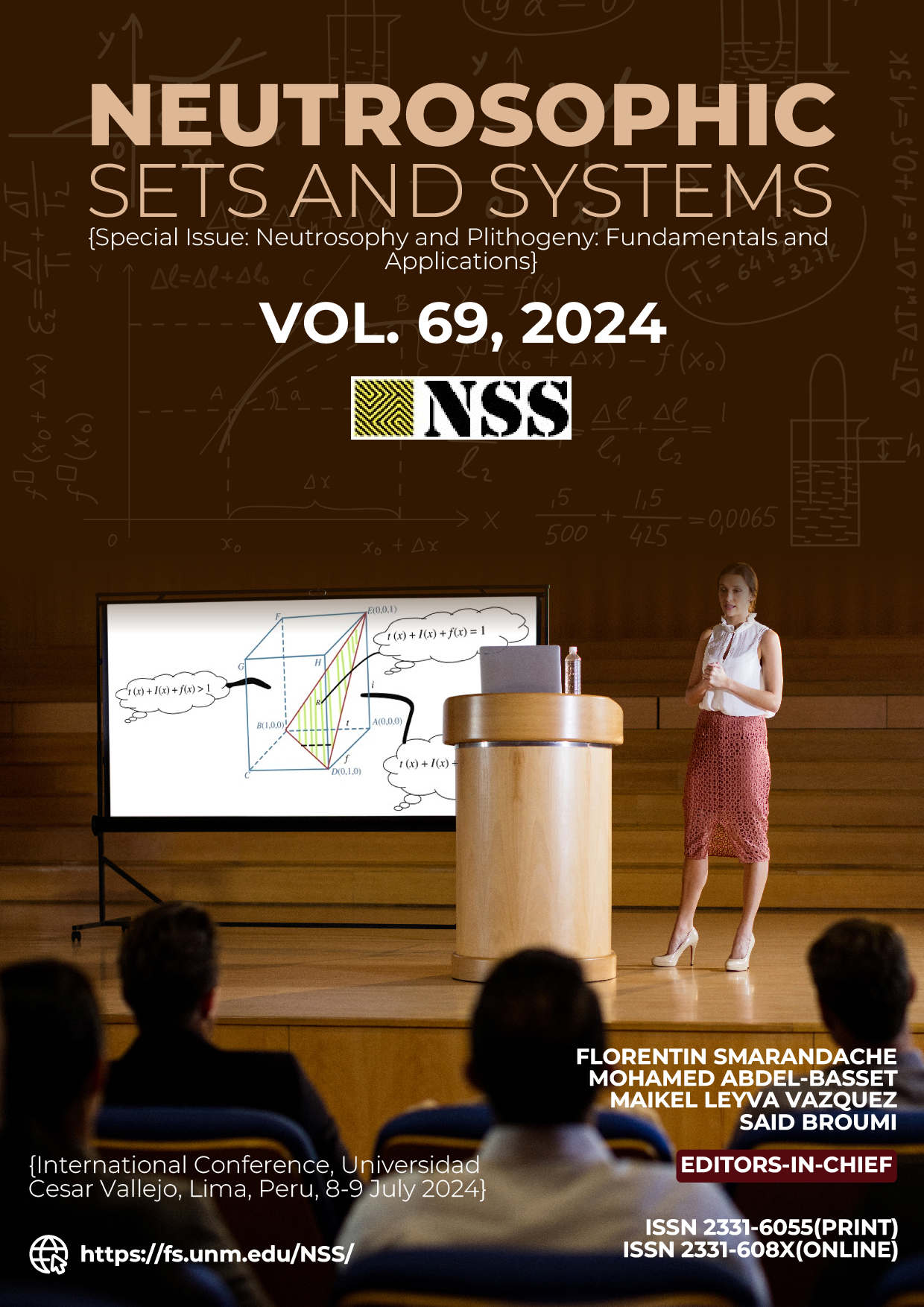
PREFACE
We are pleased to present this special issue dedicated to the Neutrosophic approaches in research, on the occasion of the international and multidisciplinary conference Neutrosophy and Plithogeny: Fundamentals and Applications (Spanish) held at the Universidad César Vallejo in Lima, Peru, on July 8 and 9. This event marks a significant milestone, as it is the first time that the Andean region and Latin America host scholars and researchers dedicated to studying various theoretical and applicative issues in the expansive and diverse field of Neutrosophic approaches.
Since its conception, Neutrosophic theory has proven to be an interdisciplinary and innovative field, notably growing with the introduction of several generalizations of Neutrosophic Sets, such as Plithogenic Sets, Hypersoft Sets, IndetermSoft Sets, SuperHyperSoft Sets, and MultiAlism. These advanced conceptualizations have further expanded the versatility and application range of Neutrosophic theory, allowing its adoption in an ever-increasing spectrum of disciplines.
The conference, with its international and multidisciplinary character, has brought together experts and scholars from various fields, providing a unique platform for the discussion and exchange of ideas on the multiple applications of Neutrosophic approaches. The topics covered in this event include, but are not limited to:
- Neutrosophic Approaches in various disciplines, including:
- Computer Science
- Biological Sciences
- Social Sciences
- Engineering
- Art
- Philosophy
- Neutrosophic Sets and their generalizations, such as:
- Plithogenic Sets
- Hypersoft Sets
- IndetermSoft Sets
- TreeSoft Sets
- MultiAlism System of Thought
This special issue also addresses how scientific production in Neutrosophy focuses on social issues specific to Latin American philosophy. In the regional context of Latin America, it is possible to state that Neutrosophic tools and knowledge are used for the identification, analysis, and resolution of social problems, offering unique approaches or distinctive contributions to the field of Neutrosophy, influenced by its cultural and philosophical context.
Neutrosophic science in Latin America shows a clear pattern of how scientific production addresses social problems, standing out for its innovative approaches that reflect the cultural and philosophical particularities of the region. This approach has allowed Neutrosophy not only to advance in theoretical terms but also to provide practical and contextually relevant solutions to social challenges.
This special issue compiles works presented at the conference, reflecting the richness and diversity of current research in this field. We hope that these articles not only contribute to the advancement of knowledge in Neutrosophic theory but also inspire new research and applications in multiple disciplines.
We thank all participants and collaborators for their valuable contributions and hope that this special issue serves as an important reference for future studies in this fascinating and constantly evolving field of research.
Conference Organizers:
- Prof. Dr. Florentin Smarandache, PhD, Postdoc, Mathematics Department, University of New Mexico, Gallup, NM 87301, USA
- Dr. Maikel Leyva Vazquez, Universidad de Guayaquil, Guayas, Ecuador
- Dr. Jesús Estupiñán Ricardo, Instituto Superior Tecnológico de Investigación Científica e Innovación, Ecuador
- Darvin Manuel Ramírez Guerra, Doctor in Physical Culture Sciences, Universidad César Vallejo, Lima, Peru
- MSc. Ernesto Despaigne Paumier, Universidad César Vallejo, Lima, Peru
- PhD, Dante Manuel Macazana Fernández, Universidad Nacional Mayor de San Marcos, Lima, Peru
- PhD, Maura de la Caridad Salabarría Roig, Center for Studies on Educational Quality and Scientific Research, Toluca, Mexico
- PhD, José Sergio Puig Espinosa, Center for Studies on Educational Quality and Scientific Research, Toluca, Mexico
- PhD, Oscar José Alejo Machado, Dean of the Systems Program at the Bolivarian Institute of Guayaquil
- PhD, Dionisio Vitalio Ponce Ruiz, Universidad Regional Autónoma de Los Andes
- PhD, Karina Pérez-Teruel, Open University for Adults (UAPA), Santiago de los Caballeros, Dominican Republic
- PhD, Ricardo Sánchez Casanova, University of Havana, Cuba
- PhD, Ariel Romero Fernández, Universidad Regional Autónoma de los Andes
- MSc. Ángel Martínez Vásquez, Latin American Association of Neutrosophic Sciences
- MSc. Jean Ramos C., Latin American Association of Neutrosophic Sciences.






